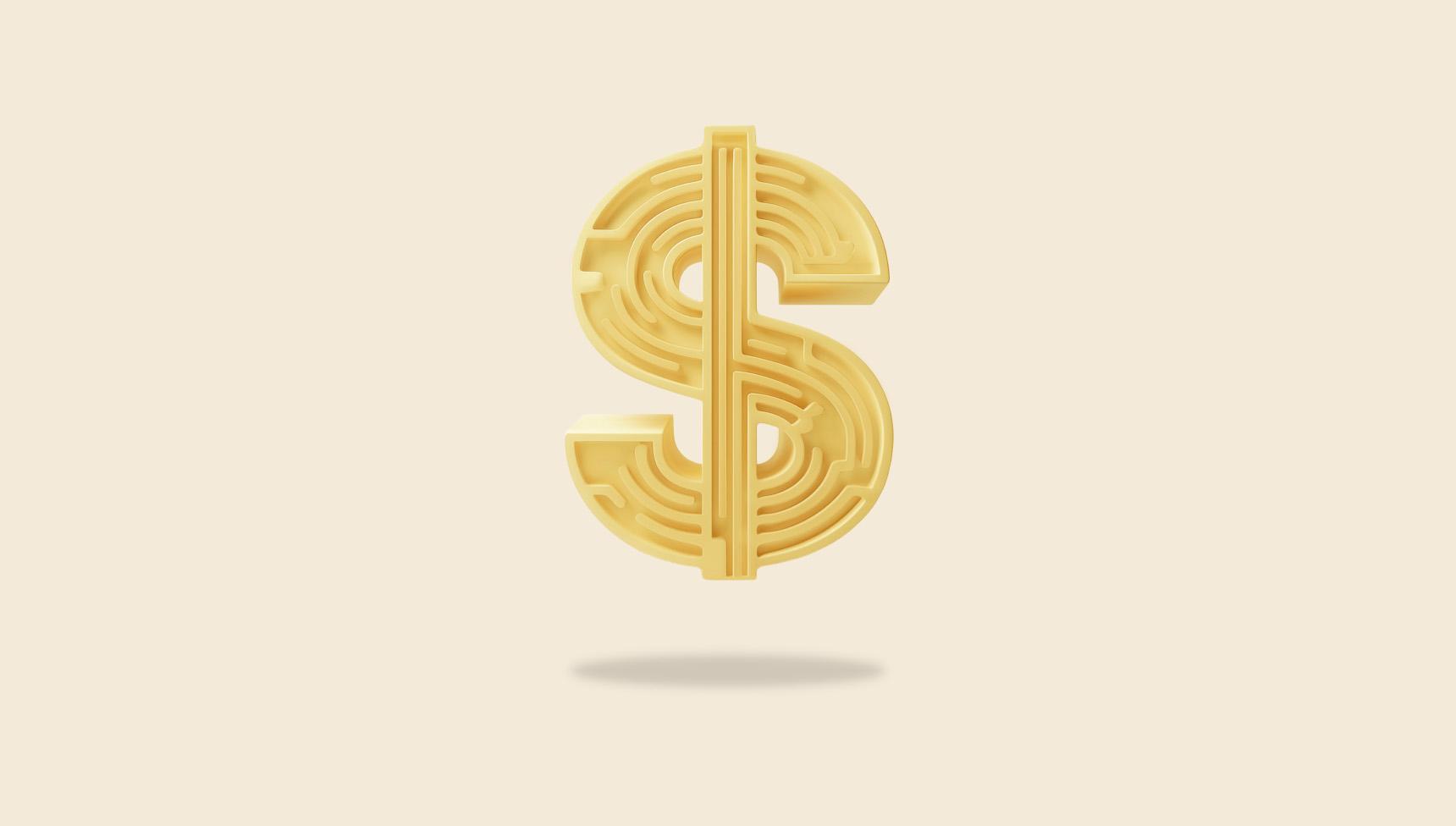
Do you get paid super on bonuses?
| Bonus payment type | Qualifies for super? | |
|---|---|---|
| Performance bonus | Yes | |
| Christmas bonus | Yes | |
| Bonus labelled as ex gratia but in respect of ordinary hours work | Yes | |
| Bonus in respect of overtime only | No |


General
Handy tips to help you protect your super online
Help increase the security of your super from online criminals with these simple steps.


General
What is the retirement age in Australia?
Find out the differences between the retirement age, preservation age, and Age Pension age.


General
Is Rest an SMSF?
Rest isn’t an SMSF, it’s an industry fund. This brief explainer will help you understand difference between the two.
